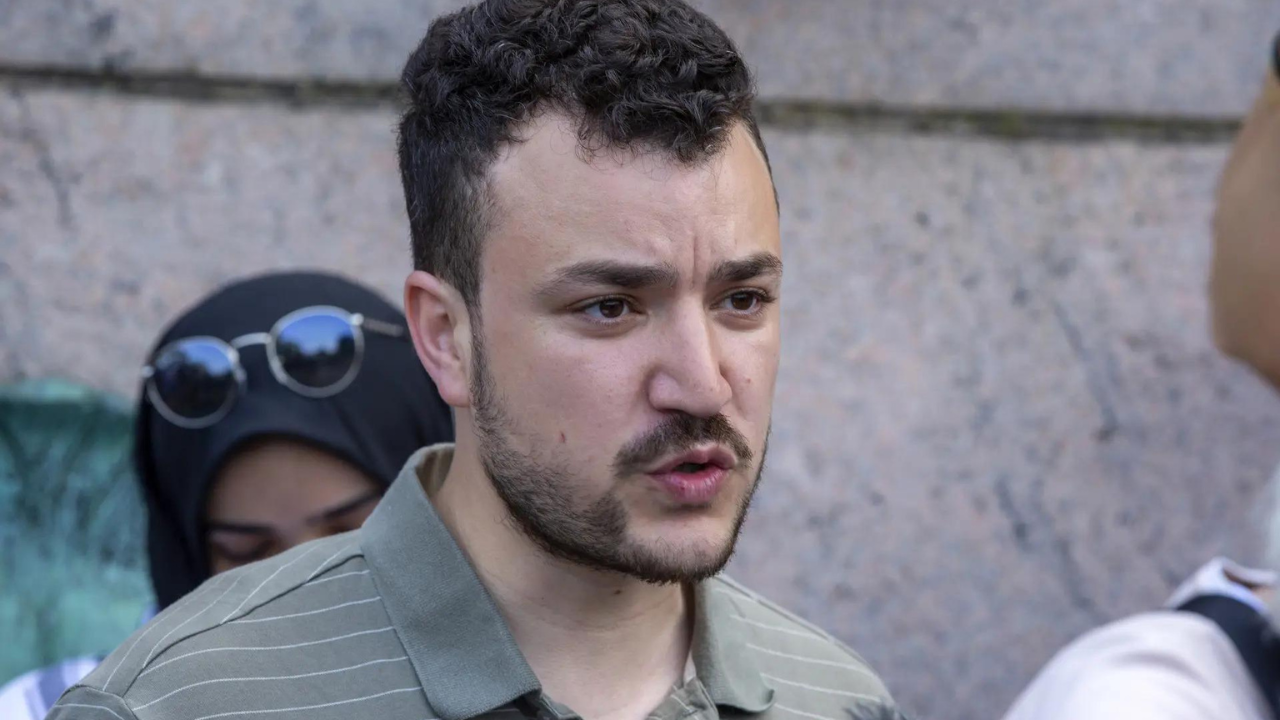An immigration judge in Louisiana on Friday ruled that Columbia University student Mahmoud Khalil can be deported out of the country as a national security risk. Khalil’s case was one of the first and major immigration crackdown cases of the Donald Trump administration and all eyes were on today’s judgement.
The government’s contention that Khalil’s presence in the United States posed “potentially serious foreign policy consequences” was enough to satisfy requirements for his deportation, Immigration Judge Jamee E. Comans said at the conclusion of a hearing. Comans said the government had “established by clear and convincing evidence that he is removable.”
Lawyers for Khalil said they plan to keep fighting and will seek a waiver. And a federal judge in New Jersey has temporarily barred Khalil’s deportation.
Khalil’s arrest from university-funded building; Trump administration’s intent to deport a green card holder
On March 7, Khalil was arrested from their university-funded apartment. He was with his wife Dr Noor Abdalla, who was eight months pregnant at that time. They said the ICE agent did not show any warrant, they handcuffed Khalil, placed him in an unmarked vehicle and almost kidnapped him. The agents told him that his visa would be revoked. Khalil’s lawyer told them that he is a green card holder, a US citizen.
President Donald Trump spoke about the arrest and mentioned that it was the first of many as his administration is committed to cracking down on immigrants who pose a threat to security. Even greencard holders are not free from scrutiny, his arrest showed.
Khalil organized pro-Israel protests on campuses last year but the White House said he was not only organizing protests but had incriminating materials supporting Hamas.
Several hearings went on and his deportation was held off.
The government submitted a two-page memo from Secretary of State Marco Rubio, outlining the case for deportation. The memo cited Khalil’s “beliefs, statements, or associations” as compromising U.S. foreign policy interests, relying on the 1952 Act’s provision. It also alleged Khalil failed to disclose past work with the UN Relief and Works Agency (UNRWA), the British Embassy in Beirut, and Columbia University Apartheid Divest on his green card application.




